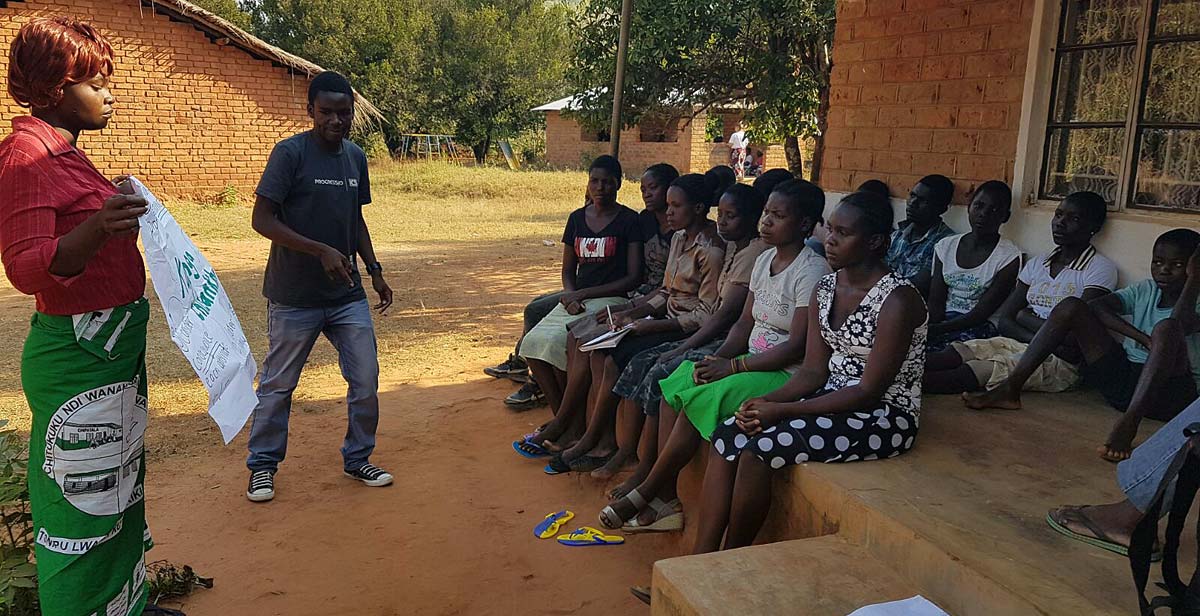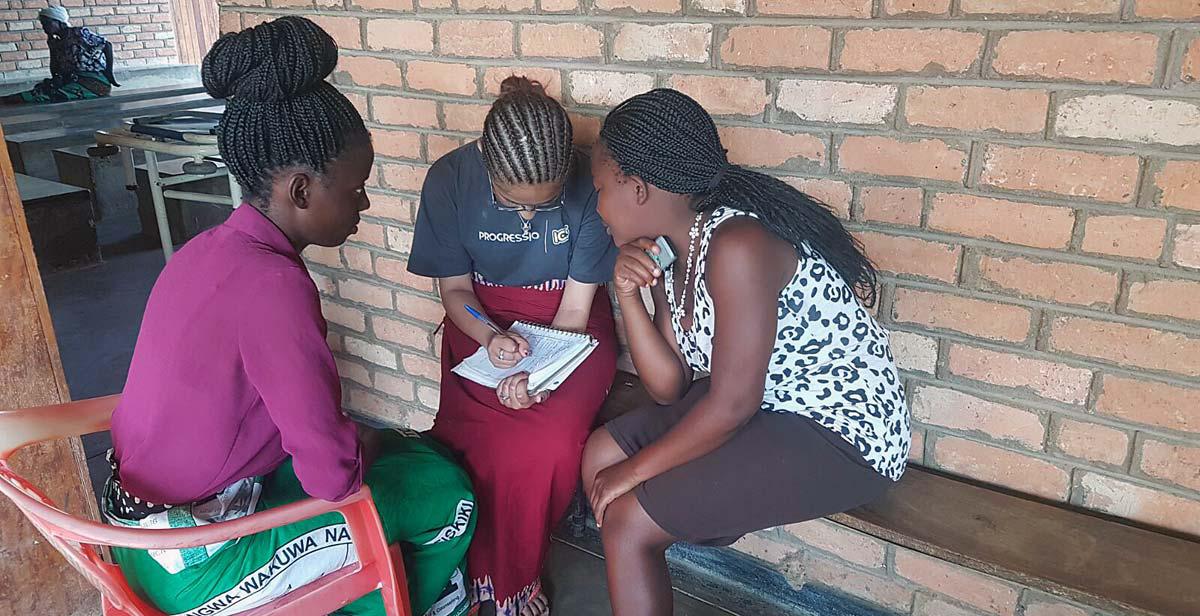Malawi is a country with a fast growing population. Despite this, it is a country that poses attractive topographical features that beckons our friends from the west and east to pay the country a visit. It is well known for its peaceful co-existence and great scenic beauty.
This blog is about the life of Malawian children who are girls. Our main focuspoints us to the northern region of Malawi, particularly in the Nkhata Bay district.
The situation that girls are experiencing in and around Nkhata Bay attracts the attention of local non-governmental organisations such as YONECO (Youth Net and Counselling), our partner organisation.
If you go into schools, work places and again looking at individual financial positions, you will find that men dominate all these sections. What does this tell us about girls? If we again take our story to the interior villages of Nkhata Bay, you will find there are many girls who dropped out of school and who have now become mothers. Why is this so?
Asking this question in one-to-one sessions with these girls, the main answer in reality, among other reasons, is due to poverty. It is true, and we can’t deny, that poverty is a hindrance to most services. You will find that for some girls to reach school they have to walk for at least four to five kilometres, which is a major challenge for them.

Some girls usually force themselves to walk this distance, in doing so they complain of tiredness and usually fall ill most of the time. This tiredness and sickness can make them miss lessons in school.
Some men also take advantage of these girls. They bribe them for sex by giving them money to feed themselves and go to school, or even something as simple as hiring a bicycle (kambaza) to carry them.
In these situations of walking a long distance to school, incidents of rape usually increase. This makes the majority of girls withdraw from school because they are afraid of being raped. Obviously, after leaving school they have nothing to do at home. Then they are married off by their own parents or they get pregnant from men in their community and get married as well. Is this really the way life is meant to be for our girls?
Sometimes, traditional backgrounds and a lack of exposure to role models also play a part in misleading girls. You will find that, in a village setting, not many girls have gone to school and studied up to higher education. The majority of girls when they become adolescents often become mothers. If the situation is like this in our village community, where will this girl child go to seek guidance and who will she look up to.
Again, looking into our schools, there are not enough learning materials. Some girls feel uncomfortable to sit on the bare floor due to the lack of tables and again inadequate books make the situation worse.
It’s all about change, and this may not only be in the Nkhata Bay district or in Malawi as a nation, but it can be in your own country as well. Let’s not let our girls panic and suffer in silence. I believe this message will touch a soul in one way or the other. Let’s make a change. Equity, equality and fairness should rule us. The weapon of change is in our hands. What steps are you taking?
Written by ICS volunteer Brian Chiumia



